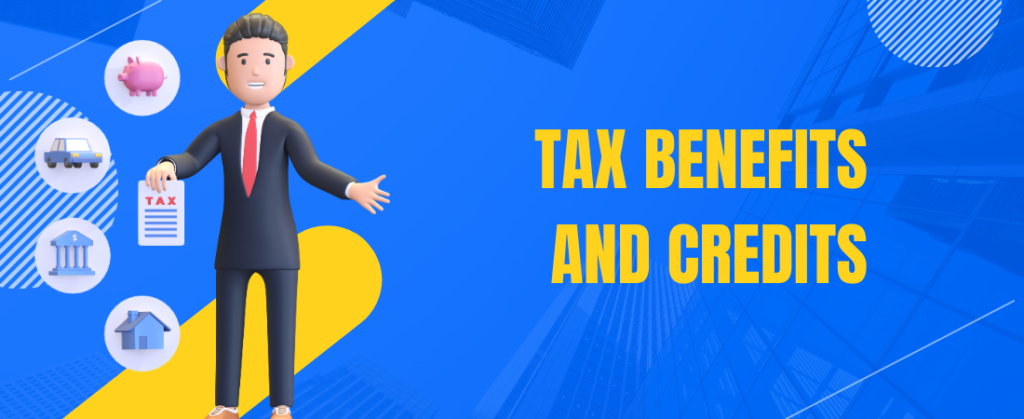Understanding the Process: Canada Revenue Agency Explained
The Canada Revenue Agency (CRA) plays an important role in the lives of all Canadians. As tax season ramps up, it’s important to understand the ins and outs of the CRA – from how to file your taxes properly to the programs and benefits administered by the CRA that you may be eligible for. This guide will provide an overview of everything you need to know about the CRA in 2024.
Filing Your Taxes
The most common interaction that Canadians have with the CRA is when filing their annual tax return. The CRA administers federal tax laws and ensures that individuals and businesses are filing and paying taxes accurately and on time.
Tax Deadlines
The deadline for filing your 2023 taxes is April 30, 2024. If you are self-employed, the deadline is June 15, 2024. You can file your return electronically or on paper, however, electronic filing is highly encouraged as it is more accurate and efficient.
What You’ll Need from Canada Revenue Agency
Before you file, make sure you have all the necessary tax slips, forms, and receipts. This includes your T4 from your employer, receipts for deductions or tax credits you plan to claim, and any other tax documents. The CRA will mail you most slips, but some you may need to get directly from the payer.
Filing Options
You have several options for actually filing your tax return:
- NETFILE – File electronically directly from CRA-approved software
- EFILE – File through an EFILE service provider
- File a paper return and mail it in
- File by telephone for simple tax situations
Get Help
The CRA provides a wealth of resources to help you file your taxes properly and on time. This includes detailed guides on their website, tax clinics, a helpline, and even free tax filing software for simple returns through NETFILE.

Benefits and Credits
In addition to collecting taxes, the CRA also distributes various tax credits and benefits to eligible Canadians. Understanding what you are entitled to can save you significant money. Some of the main types of CRA benefits and credits are:
- Canada Child Benefit (CCB) – Tax-free monthly payment to help with cost of raising children under 18.
- GST/HST Credit – Quarterly tax-free payments that offset some of the GST or HST you pay. Based on income.
- Guaranteed Income Supplement – Additional money added to Old Age Security for low-income seniors.
- Disability Tax Credit – Tax credit for those with mental or physical disabilities.
There are also provincial/territorial programs and others too numerous to list here. Use the benefits navigator tool on the CRA website to find out what you may be eligible for. Changes in your income, marital status, children, or age may affect your access to credits and benefits.
Staying Compliant
To avoid problems, every Canadian should strive to stay compliant with CRA regulations. This includes:
– Filing your taxes annually and on time
– Reporting all income, even from the informal or sharing economy
– Saving all tax slips and documentation for 6 years
– Updating your marital status, address, children, and other changes when they happen
– Paying all tax owed by deadlines to avoid interest and penalties
If Issues Arise
The CRA does have fairly extensive power to ensure taxpayers comply with the law. This includes audits, reviews, fines, penalties, garnishment, liens, and potential legal prosecution for tax evasion or fraud. Simple mistakes often can be remedied easily, which is why it’s important to file properly in the first place.
If you receive a notice from the CRA, don’t panic but do take it seriously. If you feel it is inaccurate or have questions, contact them immediately. Have all your documentation on hand. Be as cooperative as possible to solve issues fast. Appeals are an option as well if needed.
Canada Revenue Agency Access and Security
As technology improves, more and more CRA services and access has moved online through CRA MyAccount. This provides convenient access for taxpayers to manage their taxes 24/7. However, it also raises security issues and has made Canadians frequent targets for tax scams through phishing emails and calls. Valid CRA emails will contain your full name. The CRA will never leave personal info requests on voicemail. Be hyper aware of any suspicious communication claiming to be the CRA. Report it instead of responding.
Bottomline
Managing your taxes properly is an important responsibility. The Canada Revenue Agency aims to make the process smooth through online access, benefits administration, and guidance to stay compliant. Use all the resources available whenever possible as you file your 2024 taxes and access CRA benefits you may qualify for. Being an informed taxpayer will prepare you for a hassle-free experience.
